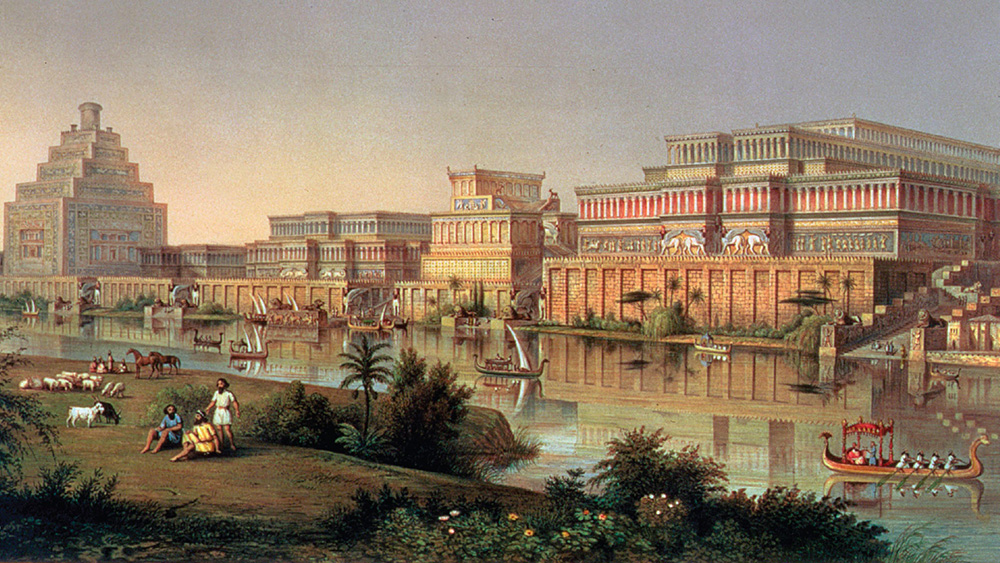Unit 3: Early Agrarian Societies
6000 BCE to 100 CEThe Agricultural Revolution set the stage for the development of complex societies. Farming villages developed into the first cities, states, and empires. Local trade networks expanded, linking distant societies together. The world would never be the same.
Villages, Cities, and States
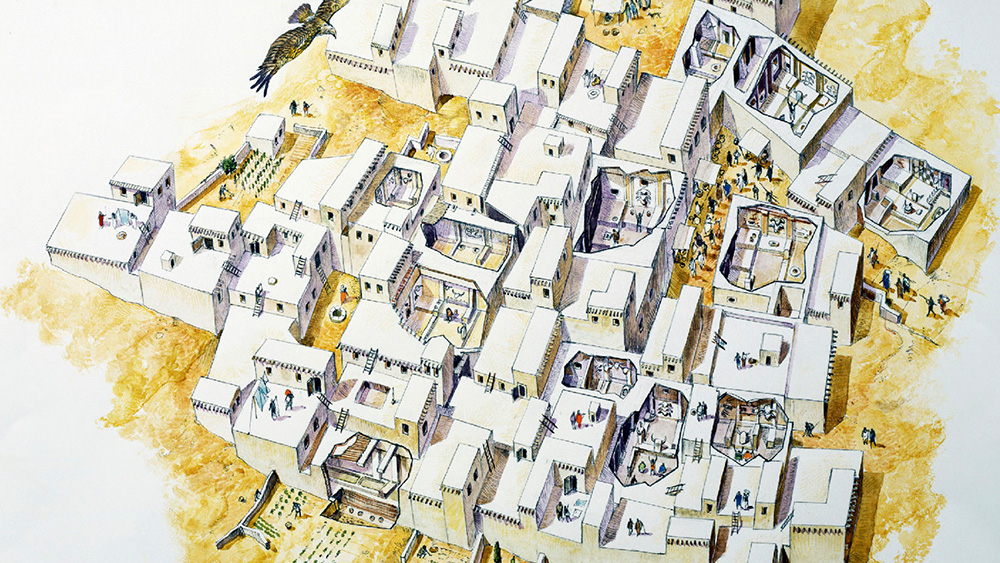
Lesson 3.2
Foragers and Village Networks
Examine the networks that linked early farming communities to explore how villages interacted with one another and with other groups, such as foragers, pastoralists, and nomads.
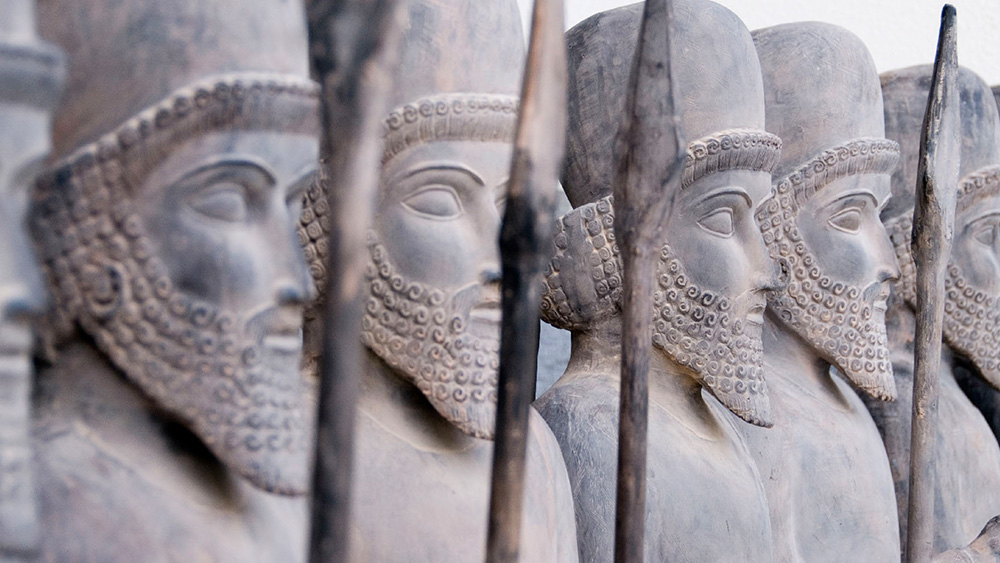
Lesson 3.3
The First Cities, States, and Empires
The rise of cities, states, and empires marked a major turning point in history. Explore how these powerful societies emerged, and how these complex networks continue to shape our world today.
Agrarian Societies Expand
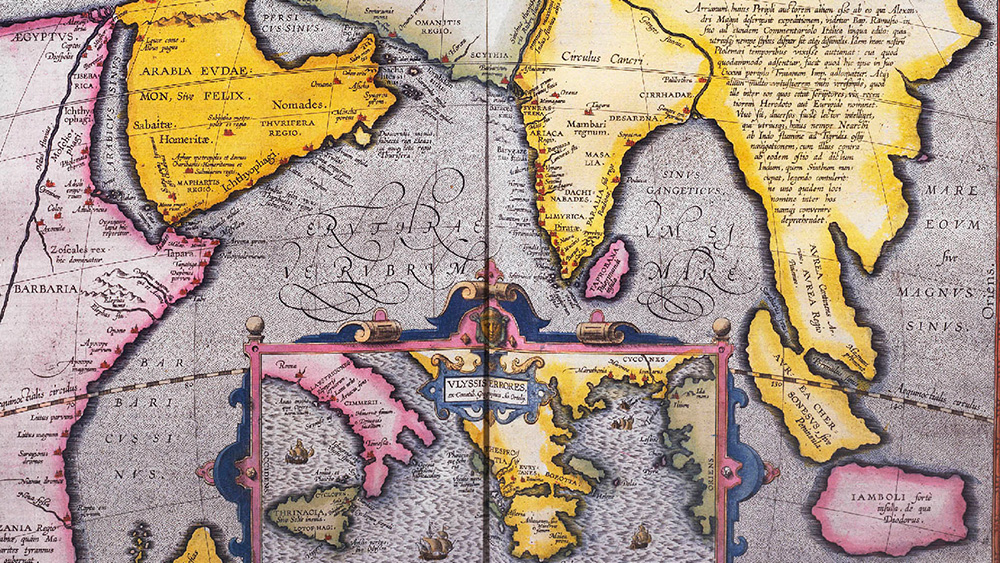
Lesson 3.4
Ancient Trade Networks
Long-distance trade reshaped communities by spreading people, goods, ideas, and diseases. Discover how these powerful trade networks emerged and expanded across the world.
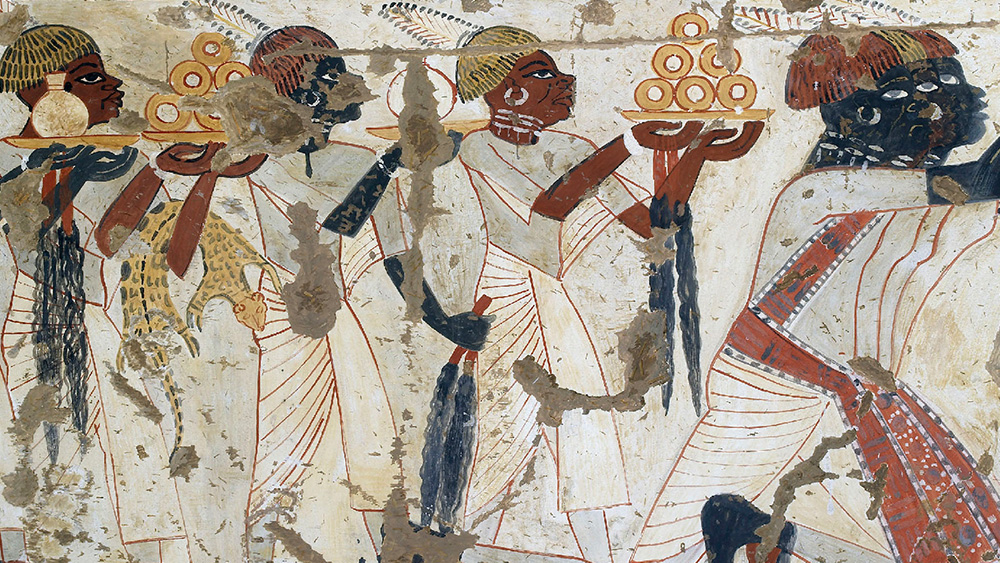
Lesson 3.5
Early Agrarian Societies
What do early agricultural societies have in common—and how do they differ? Explore the formation of agrarian states and the importance of geography in their development.
 Teaching This Unit
Teaching This Unit
Unit 3 Vocab
Key Unit 3 vocabulary words and definitions.

Three-Step Reading Worksheet
Analyze text at three different levels to develop a deeper understanding.

Reading Overview
Reading strategies to help students dig into a variety of texts.

Historical Thinking Skills Guide
Develop the skills needed to analyze history and think like a historian.

Assessment Guide
Learn about OER Project’s approach to assessment.

Unit 3 Teaching Guide
All the lesson guides you need in one place.
